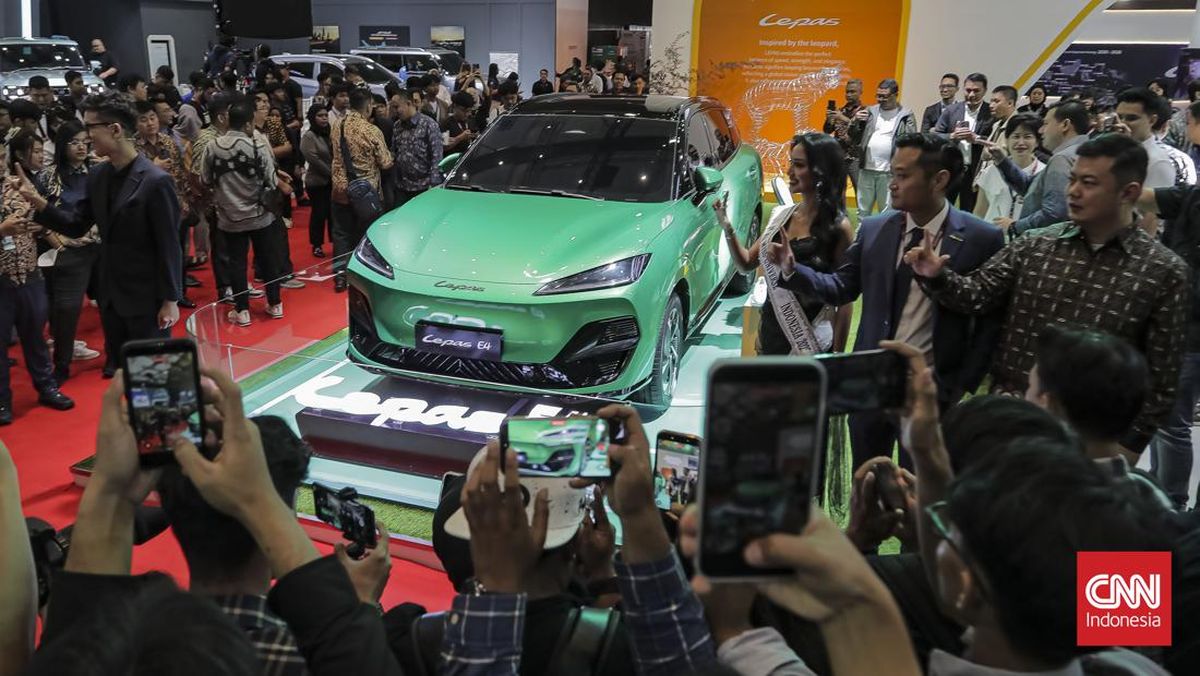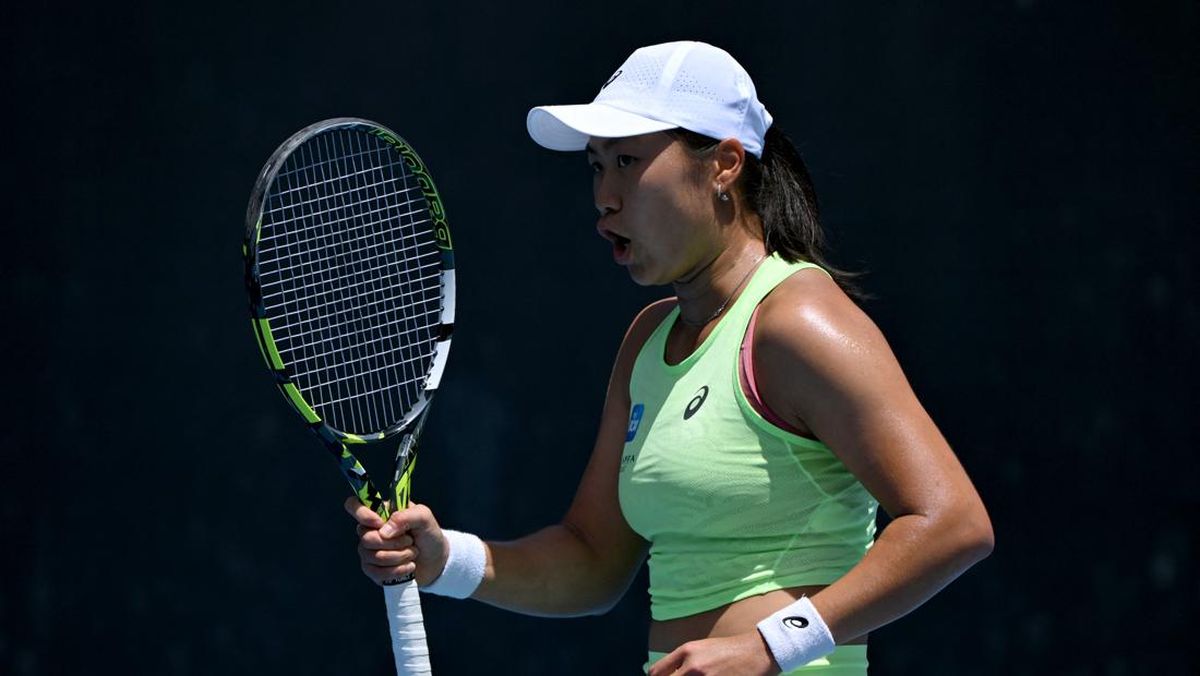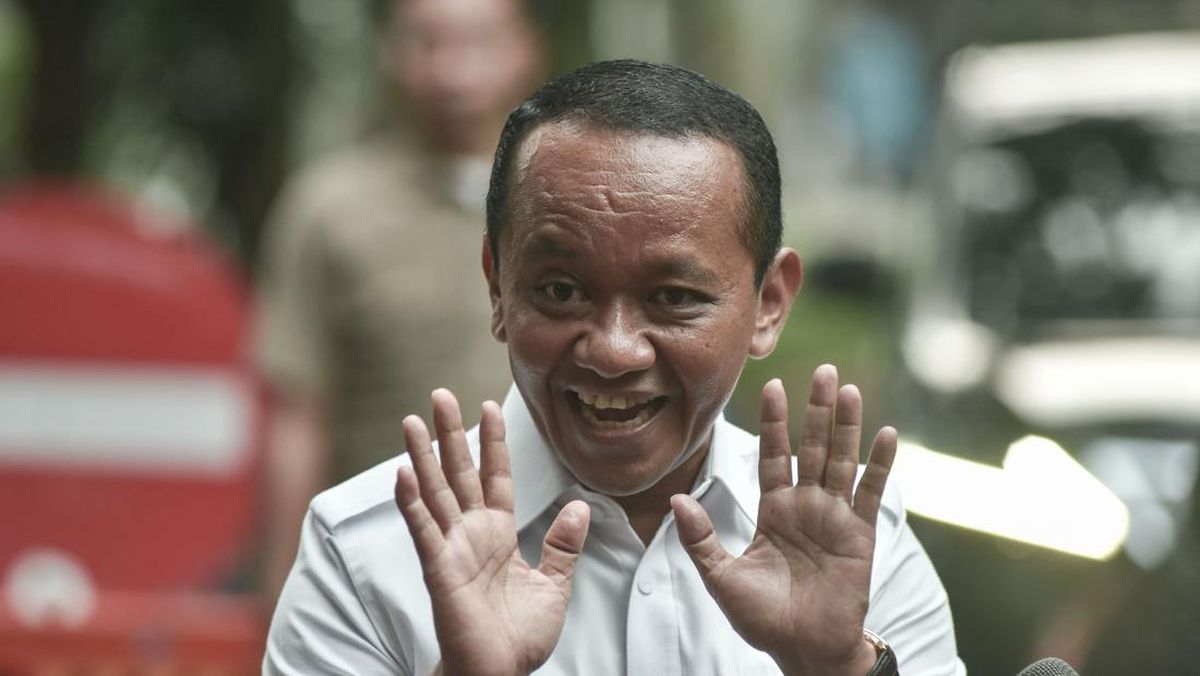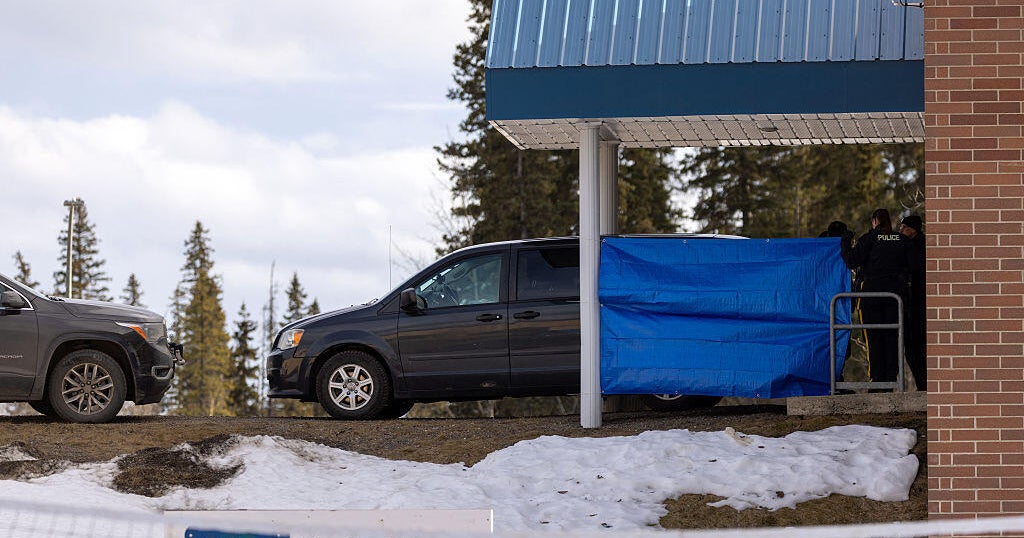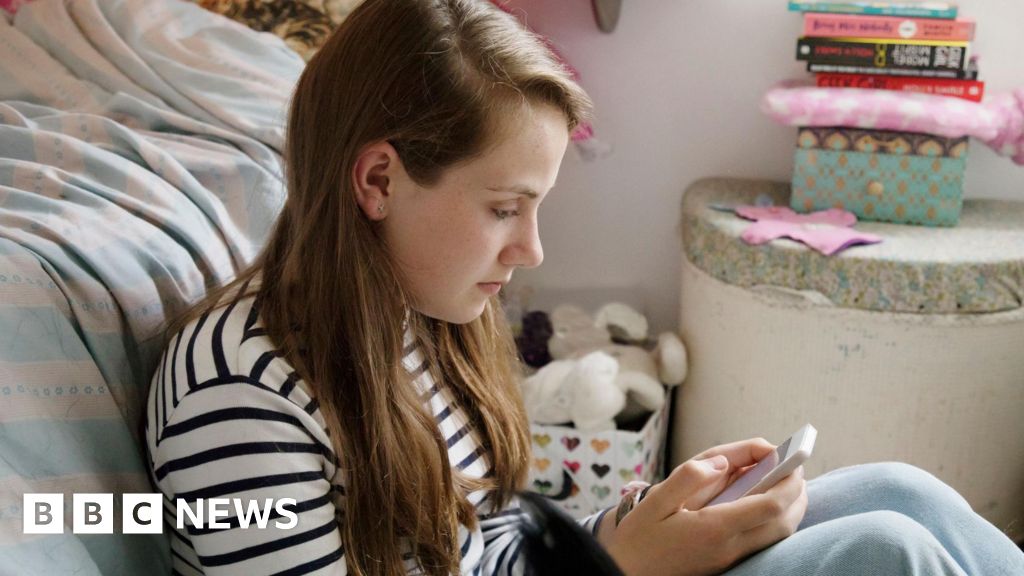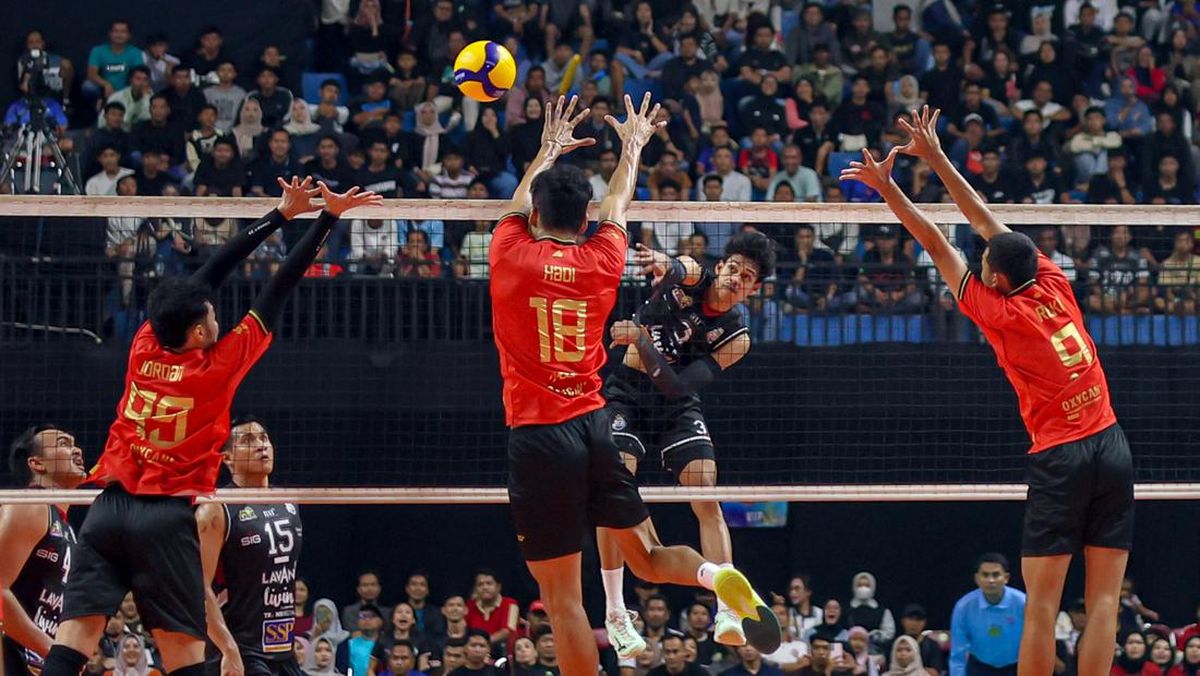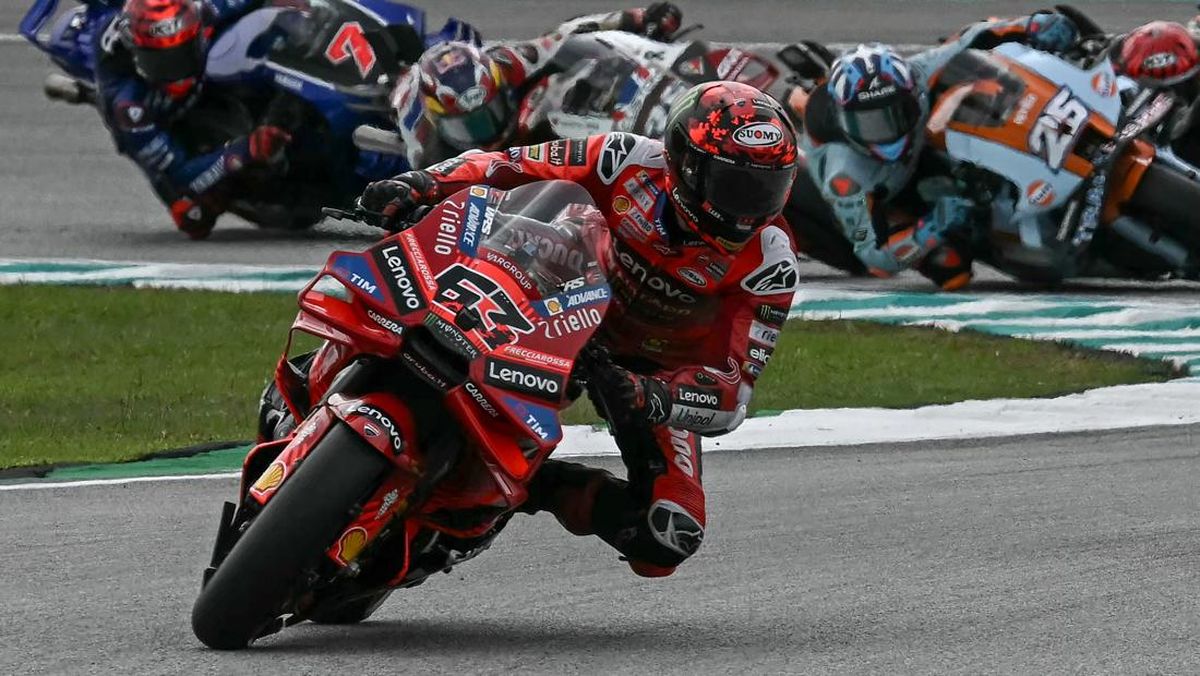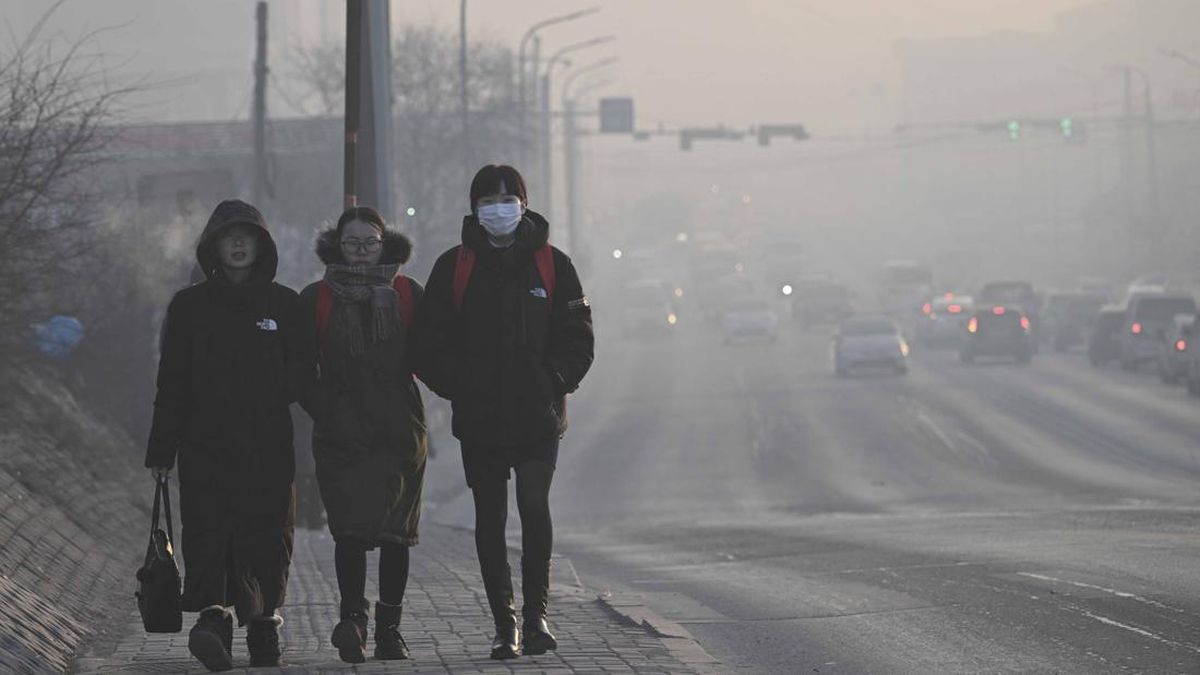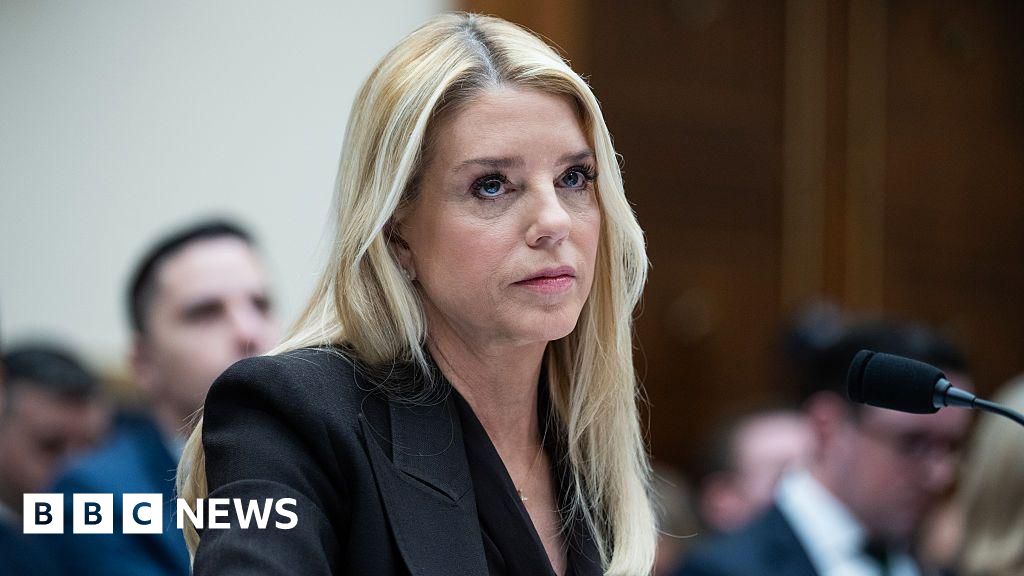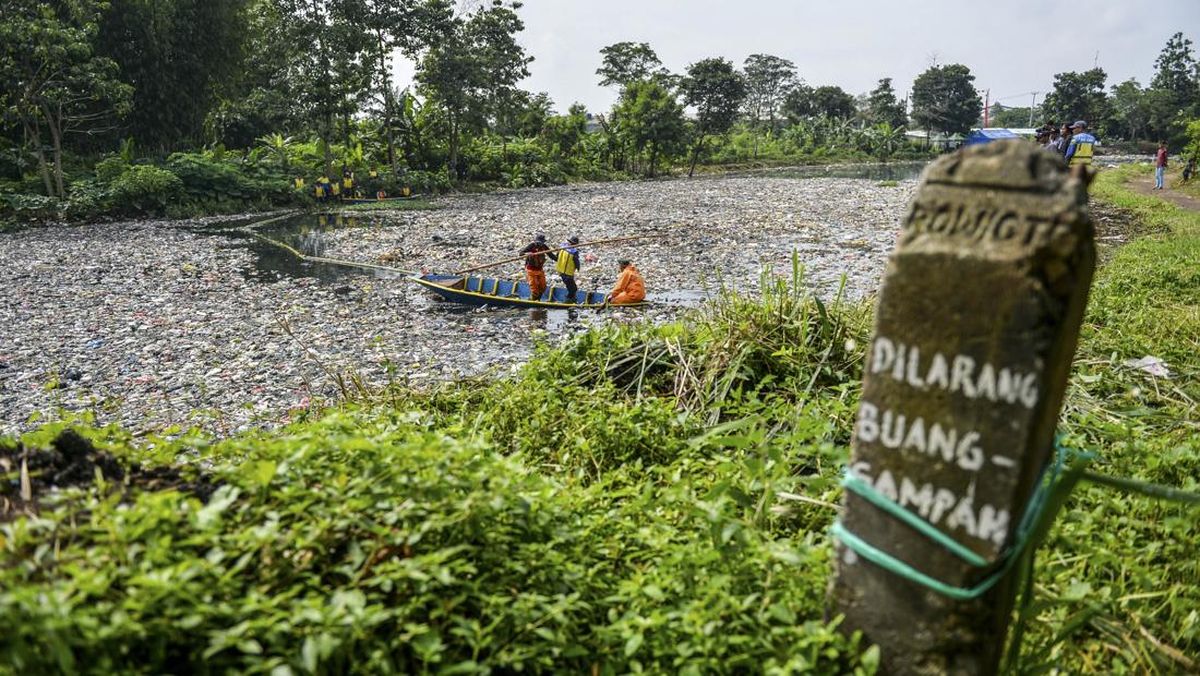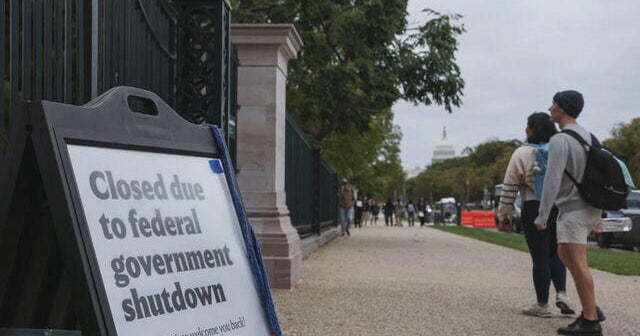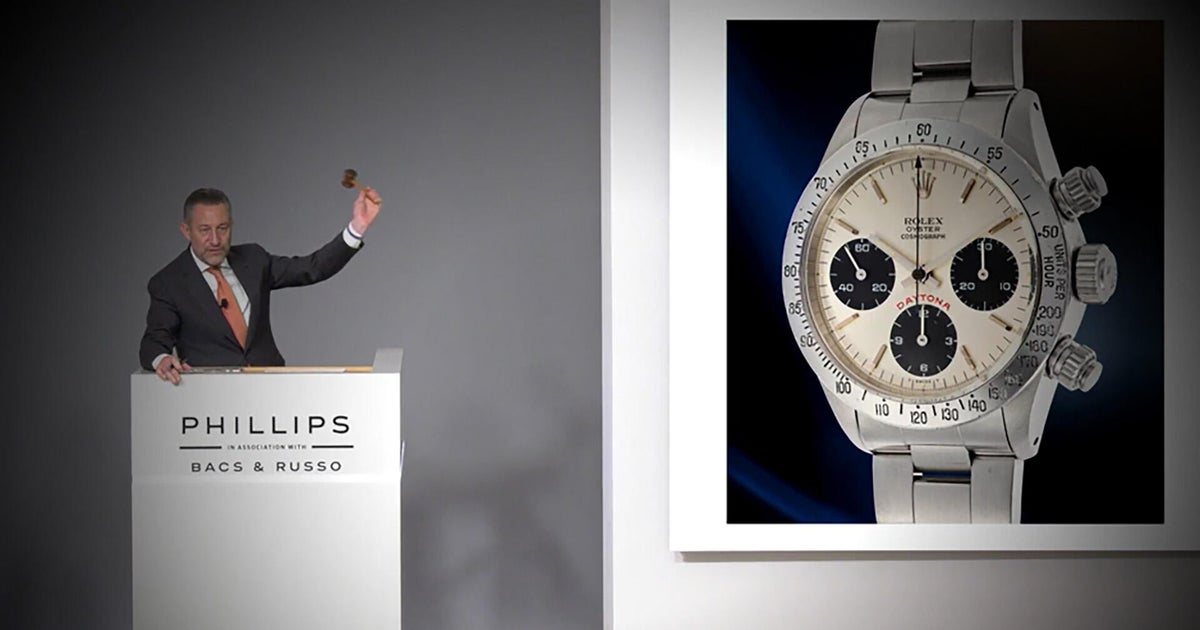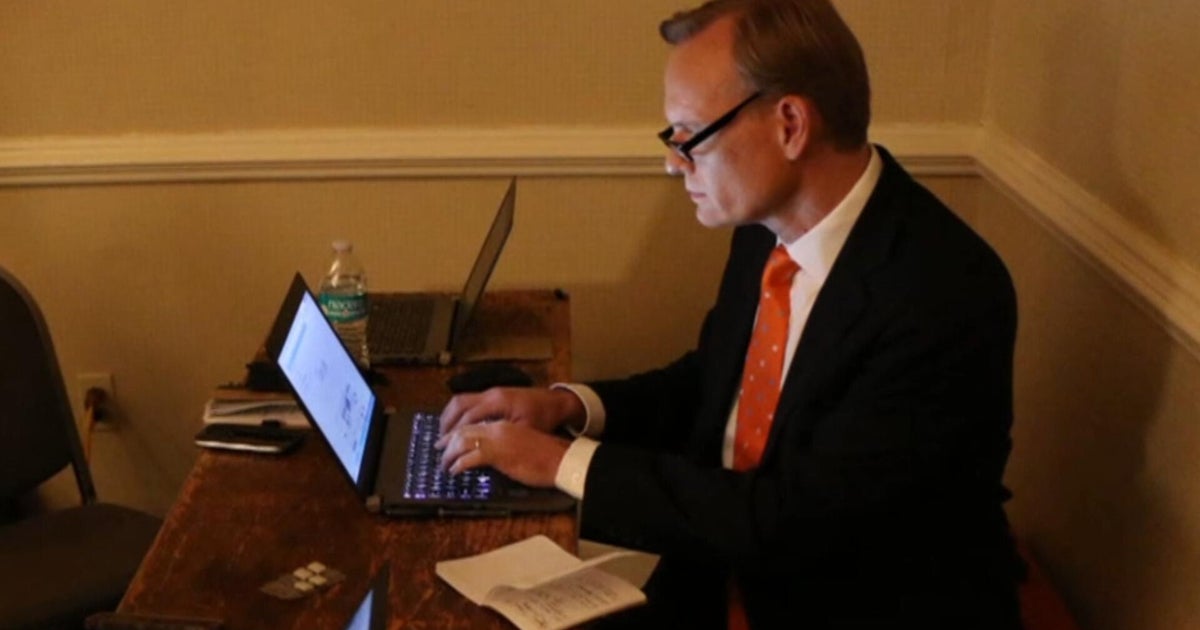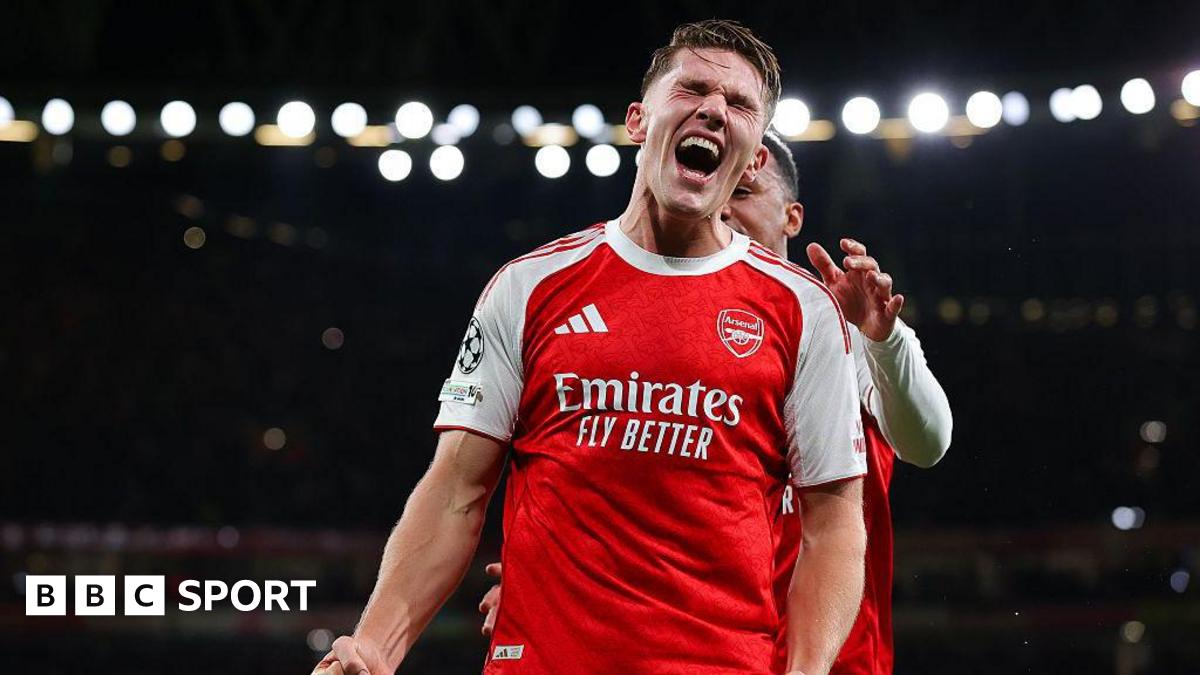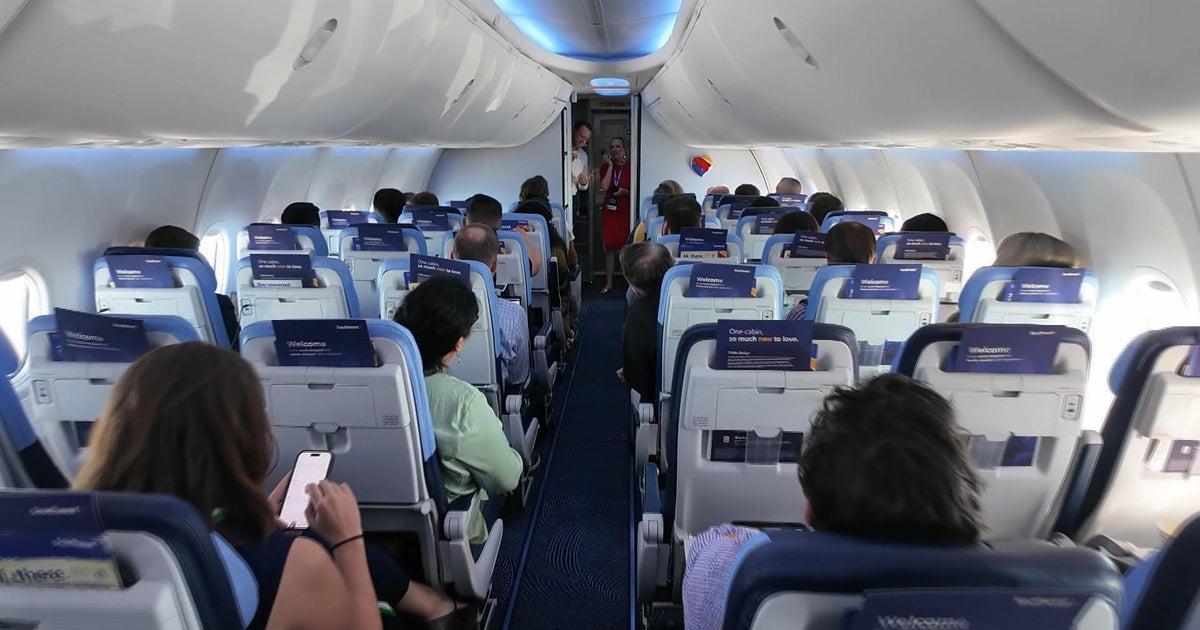They agreed that the haggling for upper house spots had surprised party figures, some of whom described it as the most turbulent in a decade for a chamber of parliament that typically flies beneath the radar.
However, one figure disputed that characterisation, and said they had seen it messier.
Sources also expect the upper house issue could be referred to Labor’s national executive to decide, with the last-minute timing a good excuse for the party administration to intervene.
Several MPs face uncertain futures until it is resolved. Labor remains ahead in the polls, but the upper house is viewed as a risk and cabinet ministers are among those in perilous positions.
All of this has been further complicated by the possible removal of group voting tickets, a long-awaited reform that could be announced as early as December.
This could have major implications for the make-up of Victoria’s “chamber of review”, where MPs are elected across eight regions based on proportional voting.
Parties put forward tickets for these regions because voters are allowed to vote for parties such as the ALP or the Liberals rather than individual candidates. This is the most common way to vote in the upper house.
Tickets are essentially numbered lists that tell the Victorian Electoral Commission which candidate to allocate their party’s votes to. Once the top candidate is elected, votes are allocated to the second and so on.
Under current arrangements, Labor’s Right faction controls the number-one spot on the ticket in six upper house regions, while the Left has two.
MPs in this position are all but guaranteed to be elected from Labor because of its significant vote share.
Labor’s vote is high enough in Melbourne regions to elect most second-placed candidates, but these positions are riskier and second place is even more perilous in the regions.
Suburban Rail Loop Minister Harriet Shing is currently number two in Eastern Victoria. Removing group voting tickets would make second positions safer for both the major parties.

Suburban Rail Loop Minister Harriet Shing is currently number two in Eastern Victoria.Credit: Joe Armao
Facing a likely swing against a third term government, Labor’s Socialist Left, currently the dominant faction, has used the negotiations to push for more of their MPs to be elevated to number-one positions.
After months of haggling, the disparate subfactions of the party’s Right were on the cusp of an agreement that would have allowed both sides to hold four number-one spots each, reducing their share by two and allowing both sides to feel vindicated, sources said.
But this was scuppered at the last minute when the Shop, Distributive and Allied Workers Union (SDA), from Labor’s Right, sought to elevate Youth Justice Minister Enver Erdogan to number one on the Northern Metro ticket.
The last-minute curveball meant the Right was unable to get a deal over the line, pushing the entire upper house preselection process out until next year.
“Everyone calls the SDA the Cookie Monster because it doesn’t matter how much they have, they always want more,” one figure told The Age.
“It’s a mess,” said another MP on condition of anonymity.
A third was more blunt, describing it as a “total shitshow”.
Left and Right sources said it would be difficult to accommodate the SDA’s wish, given the spot is already occupied by Left politician Sheena Watt, the party’s first female Aboriginal MP.
Loading
Upper house scuttlebutt has also speculated that Water Minister Gayle Tierney would be retiring before the election, which she has since publicly denied, with Tarneit MP Dylan Wight to move to the upper house and Labor figure Jasvinder Sidhu to replace him.
Tierney’s public denial and the delay of upper house preselection has quashed these rumours for now, with Wight renominating for Tarneit and Sidhu staying out of politics.
Under a stability agreement being finalised, Labor’s warring factions will not challenge each other for seats held by other groupings. Sitting MPs will still need to be endorsed through a local vote of branch members and the Party Office and Selection Committee, but no serious challenges to elected MPs are expected.
Sorting out the preselections of sitting MPs also gives Victorian Labor an opportunity to bring forward candidates to challenge inner-city green seats.
Party figures are optimistic about the ALP’s chances in Richmond and Melbourne. At the federal election, Sarah Witty dethroned Greens leader Adam Bandt in the federal seat of Melbourne while Wills, where Labor’s Peter Khalil withstood a challenge from the Greens, intersects heavily with the Greens seats of Richmond and Brunswick.
For those with longer memories, Labor’s factional dealings before the 2026 election seem like a walk in the park compared with the bloodletting of 2021, when four lower house MPs were not endorsed and four other upper house were MPs pushed to unwinnable positions.
But it is cold comfort for those who currently sit in the upper house, who will have to wait until next year to learn their fate.
The Morning Edition newsletter is our guide to the day’s most important and interesting stories, analysis and insights. Sign up here.




